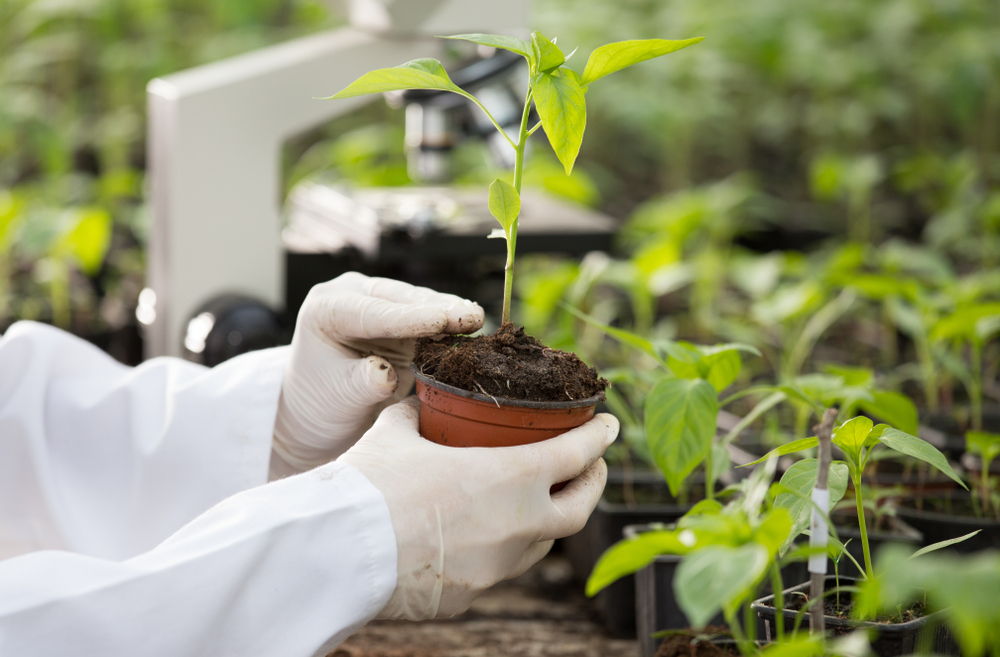Organic-only food marketing is a tricky business. Take a product that offers no health benefits over conventional fare, is considerably more expensive, and can carry a greater risk of food borne illness. Clearly, some carefully crafted spin is needed, but how do you pull it off? If you’re Theresa Marquez, marketing director for Organic Valley Farms, you attempt to turn your product into a social movement. This morning Marquez announced the creation of something called the “Earth Dinner,” an attempt to turn Earth Day into a “new holiday tradition.” Marquez claims this green Thanksgiving of sorts is meant to “emphasize community over commerce.” But before you carve the overpriced meat and pass the organic sprouts (hold the E. coli), there are a few things you might want to know.
Organic food is typically more expensive than regular food — in fact, organic produce costs “often twice that of normal produce.” Depending on where you live,
you may be in for severe sticker shock. For instance, if you’re in Atlanta and have a hankering for cottage cheese, you’d better be prepared to pay 88 percent more for the organic variety. Organic milk carries an 85 percent price-tag premium in New York City. And a whole organic chicken in California can cost more than twice as much as a conventional bird. But that’s just fine with Marquez, who told a chefs conference in 2001: “The question is not, why is organic food so expensive. The question is, why are the foods we are eating now so cheap?
After you’ve cleared the costly hurdle of preparing your first Earth Dinner, it’s time to double-check the anti-corporate guest list. In addition to Earth Day Network and Organic Valley, other sponsors of Earth Dinner include the scaremongering Environmental Working Group (EWG), as well as professional ambulance chaser Robert Kennedy Jr. and his Waterkeeper Alliance.
The Environmental “Worrying” Group, of course, is infamous for engaging in “black marketing” techniques to push organic food into more homes. The group, which “does not have a single doctor or scientist on staff,” has pulled the false alarm on everything from pesticides on produce to PCBs in farmed salmon.
Kennedy and Waterkeeper champion “sustainable” pork produced on a model similar to that of Sweden, where pork prices have risen to as much as $12 per pound. Kennedy aims to “put an end” to the entire American pork industry by bringing “lawsuits against every single pork factory in America if we have to.”
Marquez and Kennedy have crossed paths before. Marquez was a featured speaker at the Waterkeeper’s 2002 “Sustainable Hog Farming Summit” in Iowa. At that event, Kennedy referred to Organic Valley as a Waterkeeper “sponsor.” And Marquez told the assembled activists: “We think it’s important that people pay more for food … The question is: ‘Will consumers pay more for that?’ and ‘How can we convince them to do that?'”
Earth Dinner is apparently her latest answer to that question. Marquez’s press release suggests that dinner guests “take turns reading from a list of Earth Dinner Table Topics,” which will lead to “much learning and discussion.” We presume that discussion will be 100% certified organic. Certain to be absent from Earth Dinner’s approved list of topics is how manure used in organic vegetable growing “may harbor toxic chemicals, viruses, harmful bacteria, insects, worms, or other pests.”




